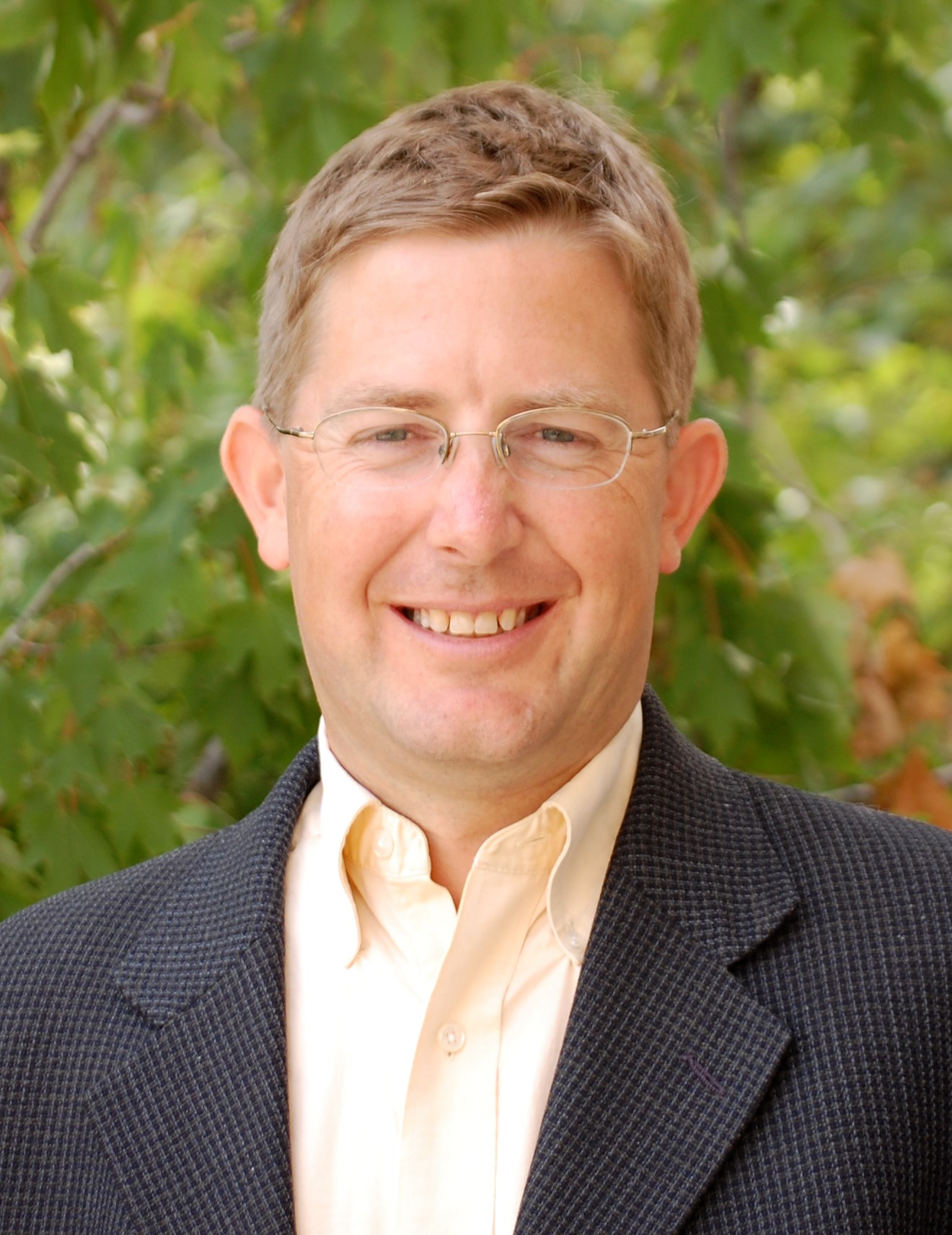About the Seminar:
Catalytic C-H functionalization offers the promise of atom economical introduction of molecular diversity into organic molecules by direct transformation of C-H bonds to C-C, C-N, or C-O bonds. Compared to more traditional approaches that involve functional group manipulations, the direct utilization of C-H bonds in synthesis can minimize chemical steps, economic cost, and environmental impact.
Employing a copper-based catalyst system, we have employed both organoazides as well as alkyl- and arylamines in sp3 C-H amination. Experimental and theoretical insights into the mechanism of C-H amination by our b-diketiminato copper(I) catalyst system have revealed three different classes of H-atom abstracting species that break sp3 C-H bonds in substrates R-H to afford radicals R·. Combining these mechanistic findings with efficient radical capture by copper(II) intermediates has resulted in a range of new catalytic C-H functionalization reactions that result in C-N, C-O, and C-C bond formation. For instance, synthetic investigation of these copper(II) intermediates results in novel examples of copper(II) aryl, alkynyl, alkenyl, and methyl complexes that participate in C-C bond forming reactions.
About the Speaker:
Timothy H. Warren was born in 1970 and raised in Hillside, Illinois, a suburb of Chicago. After earning a B.S. summa cum laude from the University of Illinois at Urbana-Champaign in 1992 where he performed undergraduate research with Prof. Gregory S. Girlolami, he pursued graduate work with Prof. Richard R. Schrock (2005 Nobel Laureate in Chemistry) at the Massachusetts Institute of Technology and received his Ph.D. in 1997. NSF-NATO and Alexander von Humboldt fellowships supported postdoctoral studies with Prof. Gerhard Erker at the University of Münster, Germany. In 1999, he began his independent career at Georgetown University where he was later named the Richard D. Vorisek Professor of Chemistry and served as department chair and led the Georgetown Environmental Initiative. In 2021, he moved to Michigan State University as Barnett Rosenberg Professor of Chemistry and department chair where he led the recruitment of ten tenure track faculty in 2022 – 2024.
Prof. Warren’s research interests include C-H functionalization methods based on organometallic copper complexes, molecular electrocatalysts for the interconversion of nitrogen and ammonia as carbon-free fuels, and synthetic bioinorganic chemistry to decode ways that biology communicates using nitric oxide as a molecular messenger. With sustainability in mind, catalysts developed by the Warren group involve Earth abundant metals such as copper, or in some cases, no metals at all. Prof. Warren served as the chair of the 2019 Inorganic Reaction Mechanisms Gordon Research Conference and a section editor for Comprehensive Organometallic Chemistry IV. He currently is the chair of the Organometallic subdivision in the ACS Division of Inorganic Chemistry.



